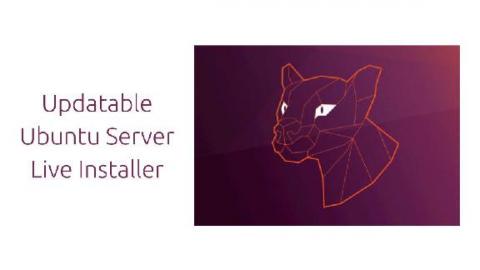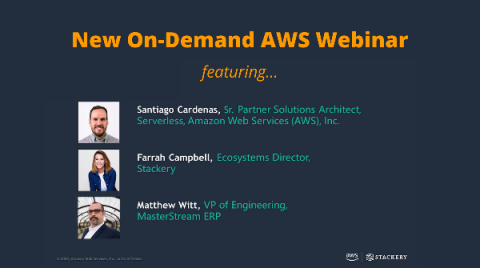Updatable Ubuntu Server Live Installer
The Ubuntu Server Live Installer, introduced with the release of Ubuntu 18.04 LTS (Bionic Beaver), provides a live Ubuntu Server environment along with a streamlined server installation experience. Building on guided installs for LVM, RAID, encrypted disks and advanced networking configuration (VLANs and bonds) the installer can refresh itself to the latest version during the live session.











